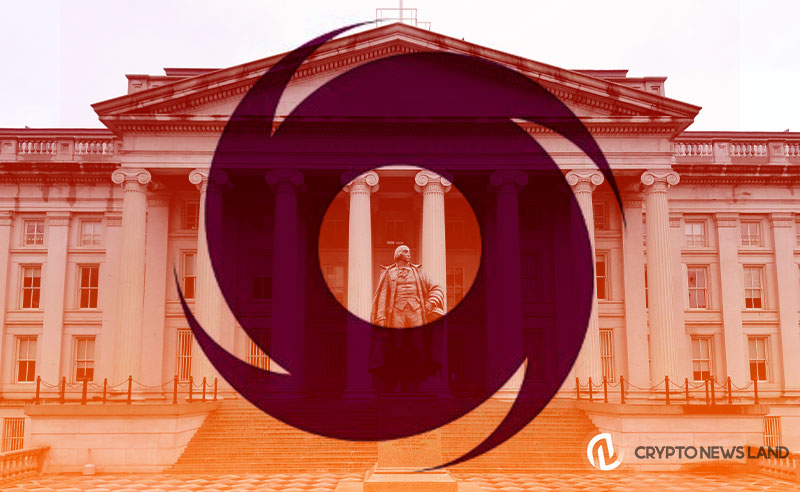- A federal court rules that Tornado Cash’s smart contracts can’t be sanctioned, highlighting the limits of current laws on blockchain tech.
- The court emphasizes that Tornado Cash’s immutable smart contracts aren’t property or services, challenging OFAC’s authority.
- While a win for developers, experts caution that this ruling doesn’t shield them from ongoing regulatory scrutiny over security concerns.
Lawyer at ConsensysBill Hughes reported on X that the U.S. federal appeals court said that the Treasury Department overstepped in approving Tornado Cash’s unchangeable smart contracts. Because these smart contracts cannot be owned, the court determined that they are not “property” under federal law.
The judges emphasized that over 1,000 volunteers participated in creating Tornado Cash’s trusted setup. This setup irrevocably removed administrative control, rendering the smart contracts unalterable and freely accessible.
Hence, no one, including the developers, can exclude others from using them. Additionally, the court noted that sanctions against the contracts fail to block access for North Korean hackers, undermining their effectiveness in halting illicit activities.
Smart Contracts Not Property or Services
The court clarified that Tornado Cash’s immutable smart contracts are neither property nor services. Unlike traditional services, these smart contracts require no human effort to function. Moreover, the code operates autonomously as a tool, not as a service itself. Hence, OFAC’s regulations regarding contracts or services do not apply to these lines of code.
Furthermore, the court rejected the argument that these smart contracts could be sanctioned under the International Emergency Economic Powers Act (IEEPA). The judges noted that this 47-year-old law is ill-equipped to address modern technologies like crypto-mixing software. Consequently, the court urged Congress to draft more specific legislation for such cases.
Implications for Developers and National Security
Legal professionals caution against taking this decision as giving developers complete immunity. Netherlands court found Tornado Cash developer Alexey Pertsev guilty of facilitating money laundering, underscoring legal risks for blockchain developers. Although his appeal is still pending, his story highlights the difficulties developers encounter in the constantly changing regulatory landscape.
Besides, the ruling acknowledges the significant national security risks posed by blockchain-based platforms. North Korean-linked groups reportedly laundered over $7 billion through Tornado Cash, funding missile programs. However, the court insisted that addressing such threats requires updated legislation.
Crypto News Land, also abbreviated as “CNL”, is an independent media entity – we are not affiliated with any company in the blockchain and cryptocurrency industry. We aim to provide fresh and relevant content that will help build up the crypto space since we believe in its potential to impact the world for the better. All of our news sources are credible and accurate as we know it, although we do not make any warranty as to the validity of their statements as well as their motive behind it. While we make sure to double-check the veracity of information from our sources, we do not make any assurances as to the timeliness and completeness of any information in our website as provided by our sources. Moreover, we disclaim any information on our website as investment or financial advice. We encourage all visitors to do your own research and consult with an expert in the relevant subject before making any investment or trading decision.











